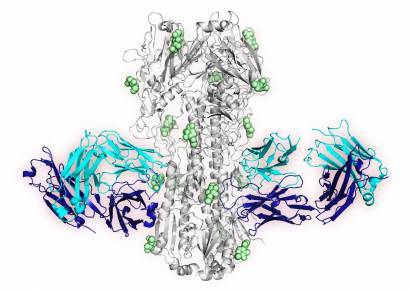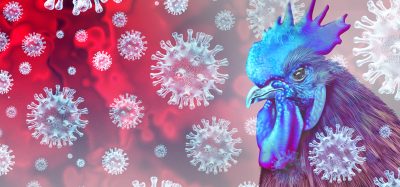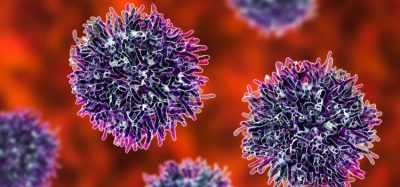Inducing antibodies could lead to a universal flu vaccine
Posted: 25 July 2016 | Niamh Louise Marriott, Digital Content Producer | No comments yet
Scientists have identified three types of vaccine-induced antibodies that can neutralise diverse strains of the flu virus that infect so many each year…


Scientists have identified three types of vaccine-induced antibodies that can neutralise diverse strains of the influenza virus that infect so many each year.
The discovery will help guide development of a universal influenza vaccine, according to investigators at the National Institute of Allergy and Infectious Diseases (NIAID), and the National Human Genome Research Institute (NHGRI), who are both part of the National Institutes of Health (NIH), and collaborators who conducted the research.
The seasonal influenza vaccine must be updated each year because flu viruses mutate. However, the stem region of the virus typically remains unchanged, making it an ideal target for antibodies induced by a universal flu vaccine.
Such a vaccine would be effective against multiple sub-types of influenza and therefore would eliminate the need to update the vaccine each year. Until now, scientists had only identified broadly neutralising antibodies targeting the flu virus stem in humans following natural infection. The new research provides clear evidence that these antibodies can be induced by a vaccine.
Testing flu samples
The investigators examined blood samples from six people who had received a vaccine against H5N1 influenza, commonly known as the bird flu virus.
In the blood samples they identified B cells (a type of white blood cell that responds to infection by secreting antibodies) that reacted to various sub-types of influenza virus, and then characterised and classified the cells’ antibody genetic sequences.
The scientists discovered the B cells encoded three classes of antibodies, seen among multiple participants, that can neutralise diverse influenza virus sub-types and, therefore, could form the basis of a universal flu vaccine.
Researchers can now use the B cell sequencing information they identified to quickly and accurately measure immune responses among participants in future influenza vaccine trials.
Related topics
Antibodies, Vaccine








